Is a DUNS Number the Same as an EIN?
Author: Nick Mann
July 18, 2025
6 min read
TABLE OF CONTENTS
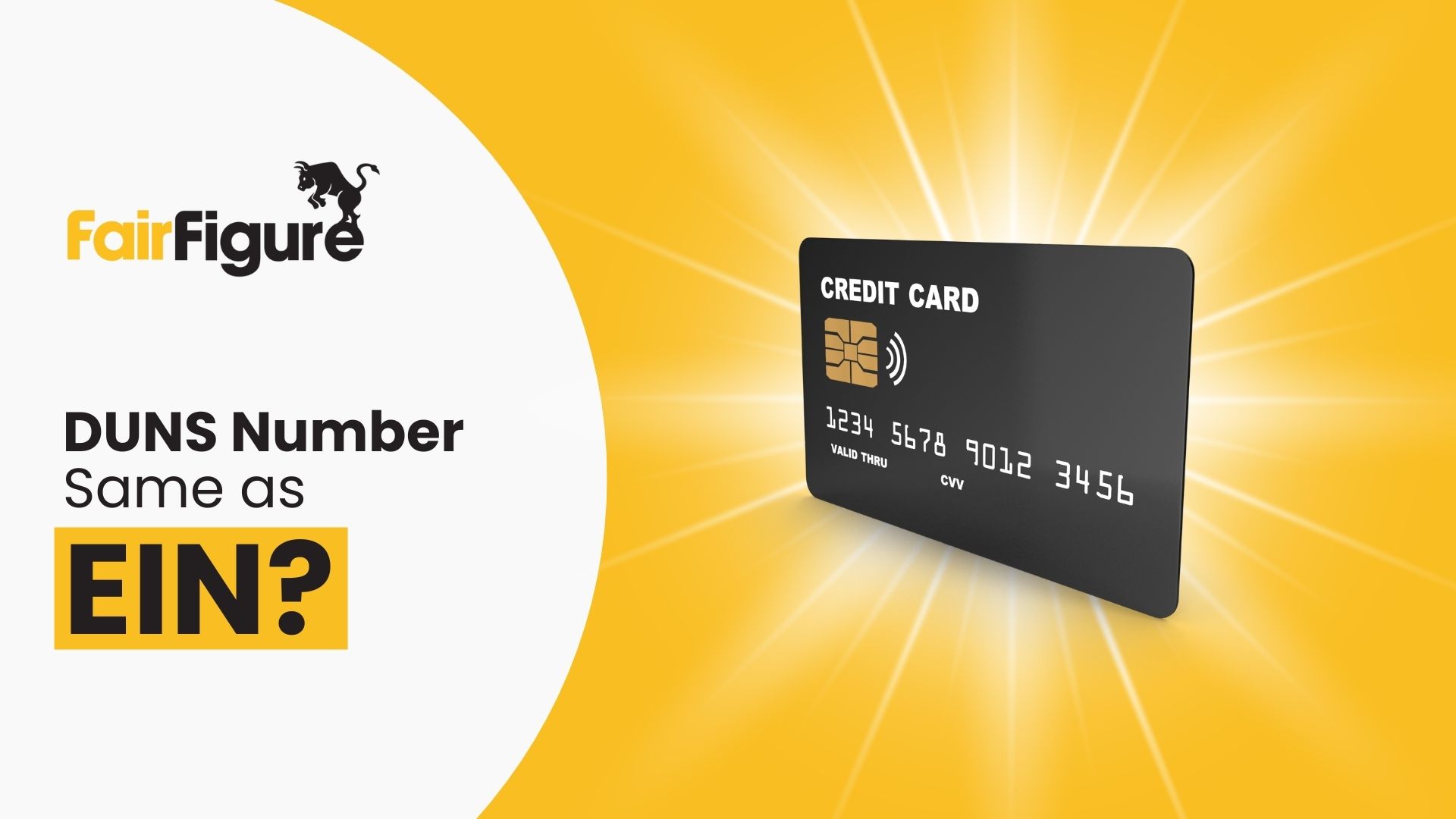
Start your credit building journey for your business

Many business owners find themselves asking the following question when looking to build business credit is: “Is DUNS number same as EIN?”
The quick answer is no.
A DUNS number, which is short for Data Universal Numbering System, is a number used by Dun & Bradstreet for business reporting purposes.
Having a DUNS number is necessary for generating a D&B PAYDEX score, which can range from 1 to 100. The higher the number, the more creditworthy your business is in the eyes of vendors, suppliers, and lenders.
Ideally, your PAYDEX score will be in the 80 to 100 range, as this is considered good.
An EIN, on the other hand, is short for Employer Identification Number and is used for business identification. You can think of it as the equivalent of a Social Security Number. But rather than being used for consumers, it’s specifically for businesses.
How the EIN Works
Just like an SSN, an EIN consists of nine numbers and allows the IRS to identify a business as a unique entity. This number is used for several purposes, including:
- Filing taxes
- Opening a business bank account
- Applying for business credit cards and loans
- Buying from vendors and suppliers
- Applying for business licenses
- Hiring employees
Whether you’re a micro business working as a sole proprietor, in a business partnership, an LLC, or even part of a large-scale corporation, you’ll likely need an EIN to operate.
When it comes to business reporting, an EIN doesn’t directly impact your business credit score the same way a DUNS number does.
However, because an EIN is usually required for setting up a business and creating a financial identity with the IRS, it does play an important role in building business credit.
That’s because you must first have an EIN to open a business bank account, buy from vendors/lenders/suppliers, and so on, which, in turn, helps you establish a business credit profile and build credit.
Therefore, if you don’t currently have an EIN, you’ll want to get one as soon as possible. You can find everything you need to get started through this IRS resource.
How to Use Your EIN When Building Your Business Credit
Again, an EIN plays an integral part in building business credit because it’s a critical precursor for doing credit-related things like opening a business bank account, applying for a business credit card or loan, and setting up accounts with vendors/suppliers.
It goes on every lender application and is one of the most important identifiers for business credit bureaus like Experian Business and Equifax Business.
There’s a two-step system you’ll want to follow to use your EIN when building business credit.
First, use your EIN to register for the accounts we just mentioned. This helps you get your foot in the door and allows them to recognize your business for credit reporting purposes. That way, they can easily report your payment activity, which should help you gain some initial momentum.
Second, be sure to always make payments on time or in advance, as this is vital to building a strong business credit score.
As you get the ball rolling with your business credit, this should make your business more appealing to lenders, vendors, and suppliers, and open the door for future business financing opportunities.
Note that it takes time to see a tangible impact on your business credit profile. But as long as you consistently make timely payments, it should gradually improve.
How the DUNS Number Works
A DUNS number also contains nine digits and “identifies a company as being unique from any other in the Dun & Bradstreet Data Cloud. It is used as the starting point for any company’s Live Business Identity, which helps ensure you have the most accurate and up-to-date view of organizations.”
It differs from an EIN in that it’s not issued by the government for tax identification purposes. Instead, a DUNS number comes directly from Dun & Bradstreet and is used to identify businesses from hundreds of millions of others within the D&B universal numbering system.
The main purpose of a DUNS number is to help identify your business in the D&B Data Cloud and is needed to generate a PAYDEX score to help lenders and suppliers gauge the creditworthiness and overall financial health of your business.
By simply looking at your PAYDEX score, which ranges from 1 to 100, they can assess your risk level and use this information to inform their decision-making. As we mentioned earlier, getting a score in the 80 to 100 range is best and what you should aim for.
How to Use Your DUNS When Building Your Business Credit
Getting your DUNS number is a key part of creating your D&B credit file and an important first step in building business credit. And in many cases, credit applications will ask for your DUNS number directly.
Therefore, like an EIN, it’s important to have a DUNS number, and it is something we highly recommend. If you don’t have one already, you can claim it here.
Once you have your DUNS, you’ll want to seek out lenders and vendors that report to D&B. Aiming for at least five should be a good start. But the more you have, the stronger your business credit report should become, as long as you maintain a positive payment history.
As you build business credit with D&B, this should become instrumental in helping you secure additional business financing with favorable terms like low interest rates and higher credit limits, which can create a positive cycle.
Build Business Credit with FairFigure
Having a DUNS number and an EIN are essential starting points in your business credit-building journey. But if you want to accelerate the process and expedite raising your business credit scores, you’ll likely be interested in FairFigure.
FairFigure helps you build business credit in three key ways.
First, we offer top-of-the-line business credit monitoring to help you identify and resolve errors or discrepancies before they have the chance to harm your business credit score.
Second, we offer an EIN only business credit card that provides critical funding while simultaneously helping you build business credit.
And third, FairFigure payments are also reported to business credit bureaus to give your business credit profile an even bigger boost.
Find additional details and get started with FairFigure here.
More articles
Read More >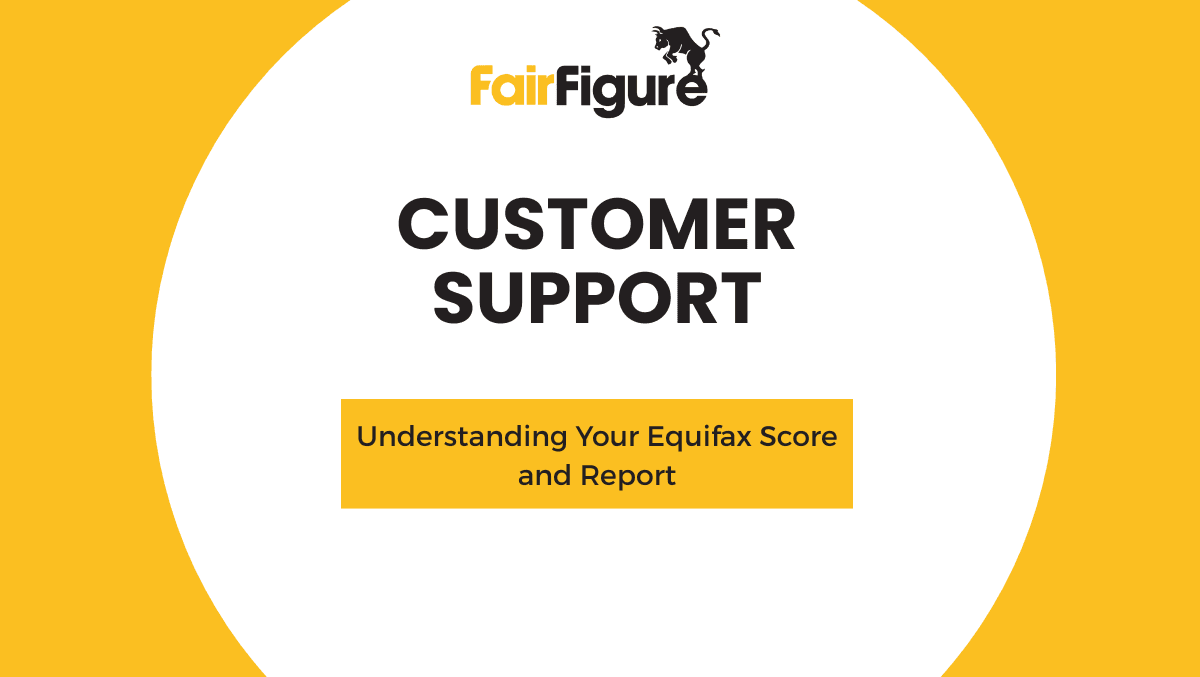
January 09, 2026
2 min read
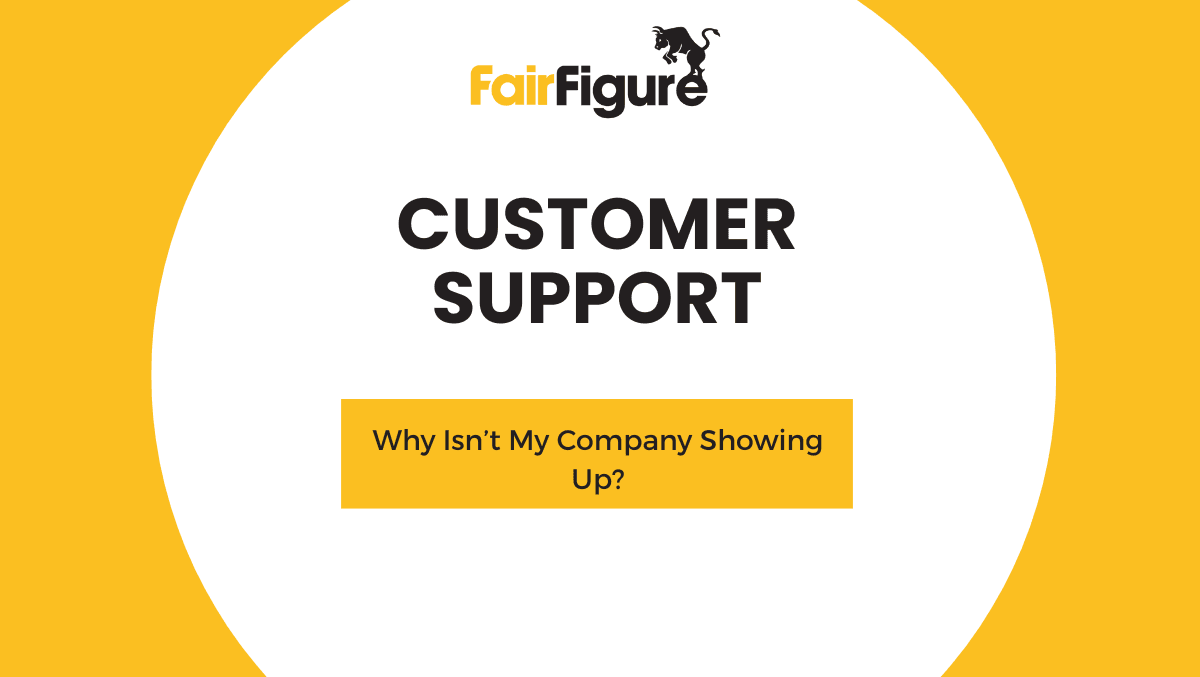
January 09, 2026
2 min read
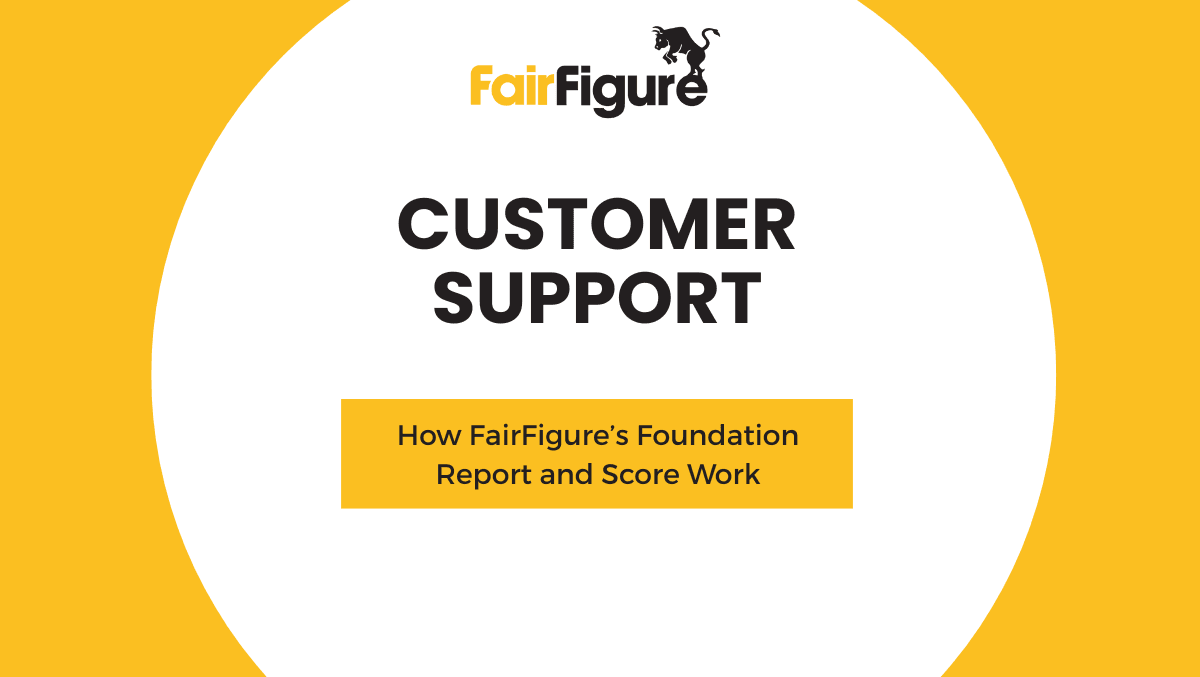
January 09, 2026
2 min read

Start your credit building journey for your business
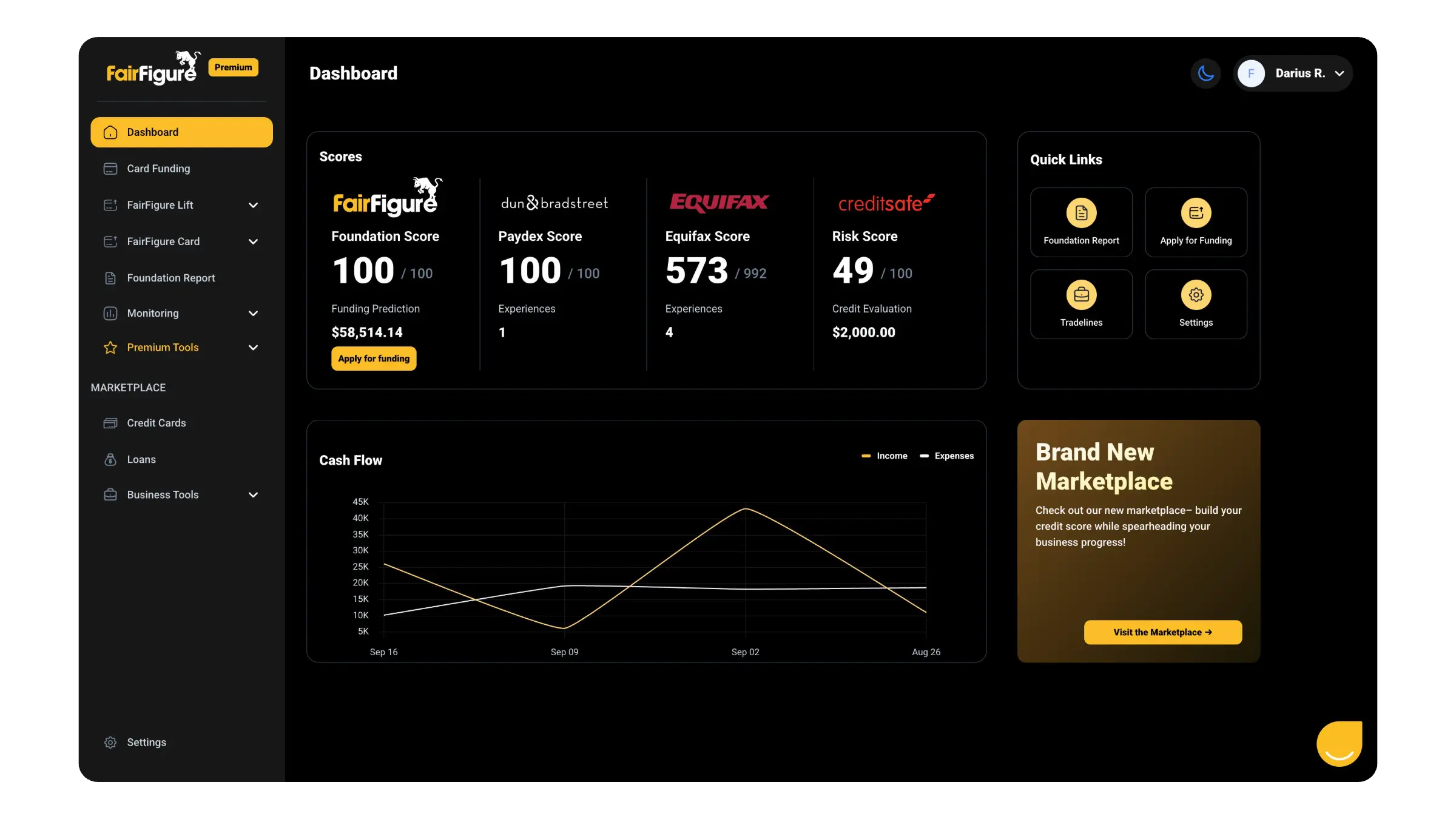
Start your credit journey now with FairFigure